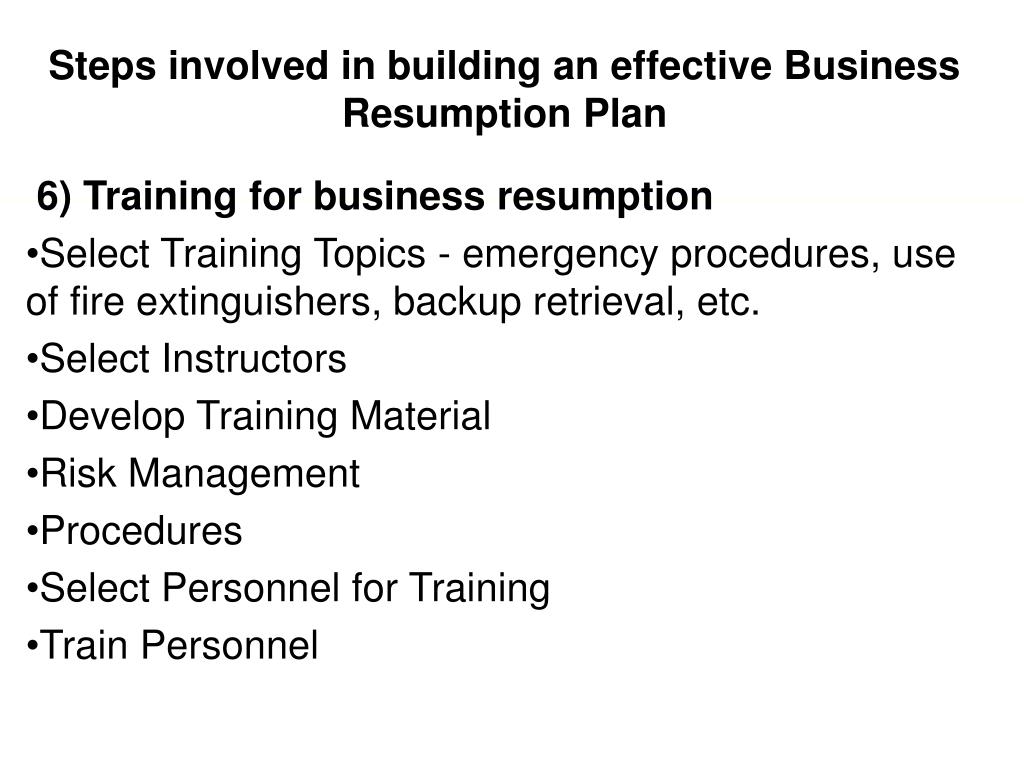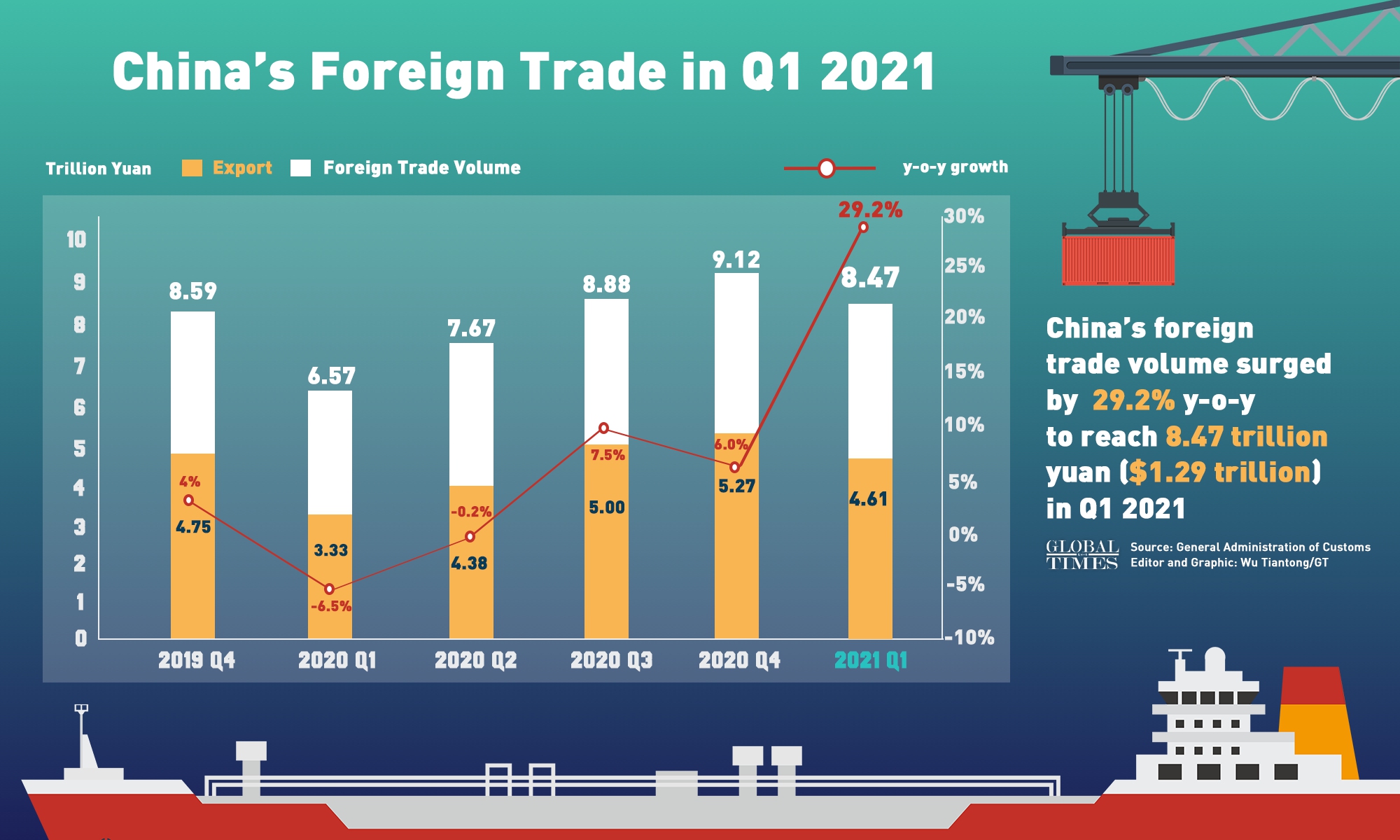Middle Managers: The Unsung Heroes Of Business Growth And Employee Development

Table of Contents
The Crucial Role of Middle Managers in Business Growth
Middle managers occupy a vital position, bridging the gap between strategic leadership and the day-to-day operations of employee teams. Their effectiveness directly impacts the organization's ability to achieve its strategic objectives.
Bridging the Gap Between Leadership and Employees
Middle managers translate high-level strategic goals into actionable plans and tasks for their teams. This requires exceptional communication skills and a deep understanding of both organizational strategy and individual team capabilities. Effective middle managers excel at:
- Effective communication: Clearly articulating expectations, providing regular updates, and fostering open dialogue.
- Delegation: Assigning tasks based on individual strengths and skill sets, empowering team members to take ownership.
- Performance monitoring: Tracking progress, providing regular feedback, and identifying areas for improvement.
- Identifying and addressing roadblocks: Proactively identifying and resolving challenges that impede team progress, ensuring strategic alignment and operational efficiency. This proactive approach is crucial for goal attainment and team performance.
Driving Innovation and Improvement
Beyond execution, effective middle managers are catalysts for innovation and continuous improvement. They foster a culture where team members feel empowered to contribute new ideas and challenge existing processes. This involves:
- Encouraging feedback: Creating a safe space for team members to share their ideas and concerns without fear of retribution.
- Identifying areas for process improvement: Continuously evaluating workflows and identifying opportunities for efficiency gains and improved team collaboration.
- Implementing new strategies: Effectively introducing and implementing new strategies and technologies to enhance team performance.
- Mentoring team members: Guiding and supporting team members in their professional development, fostering a culture of continuous learning and improvement.
Fostering a Positive and Productive Work Environment
The impact of middle managers extends beyond task completion; they significantly influence team morale and productivity. A supportive and engaging work environment is directly correlated with higher employee engagement and a positive work culture. This involves:
- Motivational techniques: Utilizing a range of motivational strategies to inspire and engage team members.
- Conflict resolution: Effectively mediating disagreements and fostering a collaborative team dynamic.
- Fostering a supportive team environment: Creating a culture of mutual respect, trust, and collaboration.
- Promoting work-life balance: Encouraging healthy boundaries and recognizing the importance of employee well-being. This leads to improved productivity and reduced employee burnout.
Middle Managers as Key Drivers of Employee Development
Middle managers are not simply supervisors; they are pivotal in the development and growth of their team members. Their role in talent management and employee training is paramount for long-term organizational success.
Providing Mentorship and Coaching
Middle managers act as mentors and coaches, guiding their team members' professional journeys. This involves:
- Identifying training needs: Assessing individual skills gaps and recommending targeted training programs.
- Providing constructive feedback: Offering regular and specific feedback to help employees improve their performance.
- Offering opportunities for skill development: Creating opportunities for employees to develop new skills and expand their knowledge base.
- Promoting career advancement: Identifying high-potential employees and supporting their career progression within the organization. This fosters talent retention and improves employee engagement.
Identifying and Nurturing Talent
Middle managers are on the front lines, observing employee performance and identifying high-potential individuals. Their insights are crucial for effective talent acquisition and retention. This includes:
- Talent identification: Recognizing and nurturing the talents of high-potential employees.
- Performance reviews: Conducting regular performance reviews to provide feedback and identify areas for improvement.
- Succession planning: Participating in succession planning initiatives to ensure a smooth transition of leadership roles.
- Providing challenging assignments: Assigning challenging and rewarding projects to help employees develop their skills and gain experience. This is crucial for talent management.
Creating Opportunities for Skill Enhancement and Growth
Middle managers facilitate employee training and skill development initiatives, ensuring their teams possess the necessary skills for current and future roles. This might involve:
- Recommending training programs: Identifying and recommending relevant training programs to address skill gaps.
- Facilitating workshops: Organizing and leading workshops to enhance specific skills within the team.
- Providing access to resources: Providing employees with access to online learning resources and professional development materials.
- Supporting professional certifications: Encouraging and supporting employees in pursuing professional certifications to further their career development.
Strategies for Optimizing Middle Management Effectiveness
Investing in middle management is an investment in the future success of the entire organization. Optimizing their effectiveness requires strategic initiatives focused on training, empowerment, and recognition.
Investing in Middle Manager Training and Development
Providing middle managers with the necessary skills and resources is crucial for their success and the success of their teams. This involves:
- Leadership training: Providing training on effective leadership styles, delegation, and motivation techniques.
- Communication skills training: Enhancing their ability to effectively communicate with both their teams and senior management.
- Conflict resolution training: Equipping them with the skills to effectively manage and resolve conflicts within their teams.
- Performance management training: Providing training on effective performance management techniques, including goal setting, feedback, and performance reviews. This is fundamental for leadership development.
Empowering Middle Managers and Fostering Trust
Empowering middle managers to make decisions and take ownership fosters a more engaged and productive workforce. This means:
- Trust-building: Establishing a culture of trust and mutual respect between middle managers and senior management.
- Autonomy: Allowing middle managers to make independent decisions within their areas of responsibility.
- Accountability: Holding middle managers accountable for the performance of their teams.
- Open communication: Fostering open and transparent communication channels between middle managers and senior management. This promotes employee empowerment and decentralization.
Providing Regular Feedback and Recognition
Regular feedback and recognition are crucial for motivating and retaining high-performing middle managers. This includes:
- Performance reviews: Conducting regular performance reviews to provide feedback and identify areas for improvement.
- Regular check-ins: Scheduling regular check-ins to provide support and address any concerns.
- Rewards and recognition programs: Implementing rewards and recognition programs to acknowledge the contributions of middle managers. This is vital for performance feedback and employee recognition.
Conclusion
Middle managers are the linchpin of organizational success, directly impacting both business growth and employee development. By investing in their training, empowering them to make decisions, and providing regular feedback and recognition, organizations can unlock the full potential of their middle management teams. Improve your employee development strategies by empowering your middle managers. Invest in middle management training for significant business growth. Remember, valuing and supporting your middle managers is an investment in the long-term health and prosperity of your entire organization.

Featured Posts
-
 Fsus Post Shooting Class Resumption Plan A Controversial Decision
Apr 22, 2025
Fsus Post Shooting Class Resumption Plan A Controversial Decision
Apr 22, 2025 -
 Bof As Reassuring View Why Stretched Stock Market Valuations Shouldnt Worry Investors
Apr 22, 2025
Bof As Reassuring View Why Stretched Stock Market Valuations Shouldnt Worry Investors
Apr 22, 2025 -
 Chinas Export Dependence Vulnerability To Tariff Hikes
Apr 22, 2025
Chinas Export Dependence Vulnerability To Tariff Hikes
Apr 22, 2025 -
 Anchor Brewing Companys Closure 127 Years Of Brewing History Concludes
Apr 22, 2025
Anchor Brewing Companys Closure 127 Years Of Brewing History Concludes
Apr 22, 2025 -
 Russia Returns To Offensive In Ukraine After Easter Truce
Apr 22, 2025
Russia Returns To Offensive In Ukraine After Easter Truce
Apr 22, 2025
